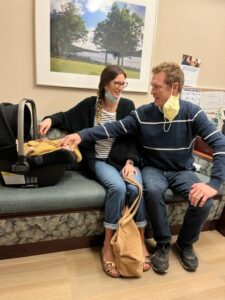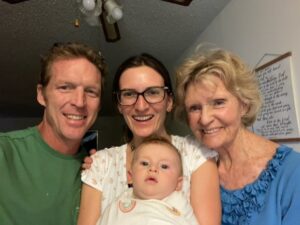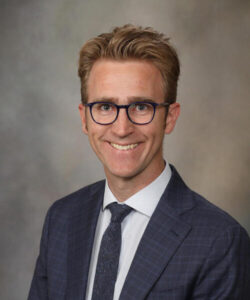We’re all agreed it would be nice to have no more emergencies stemming from Nelson’s lung cancer. We’ve had three visits to the ER, two hospital admissions, one ambulance ride, and a variety of crises here at home related to the above—in four weeks.
Having no more would be nice.
But cancer keeps us guessing, and this morning we had yet another beat-down moment that took us by surprise.
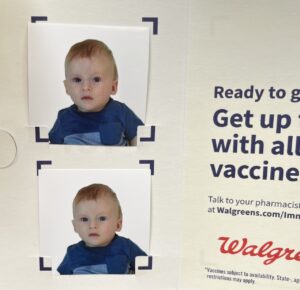 We had just loaded the car for a 30 minute ride to a special appointment at a distant post office. We were trying to accomplish Nelson’s chosen task for the day (a #4 on his list of goals) to deliver paper work that would eventually bring an American passport to baby Will. After all, his mama is a citizen of Germany, and his relatives there are anxious to meet him. So our errand was a future-focused undertaking of how life might be after cancer.
We had just loaded the car for a 30 minute ride to a special appointment at a distant post office. We were trying to accomplish Nelson’s chosen task for the day (a #4 on his list of goals) to deliver paper work that would eventually bring an American passport to baby Will. After all, his mama is a citizen of Germany, and his relatives there are anxious to meet him. So our errand was a future-focused undertaking of how life might be after cancer.
Nelson had started the car and was waiting for us in the parking lot. Ann Sophie brought Will out, and I followed, each climbing into our respective car doors. Then Nelson said, “Did you bring an anti-nausea pill?”
Ann Sophie said, “No. Should I go back and get one?”
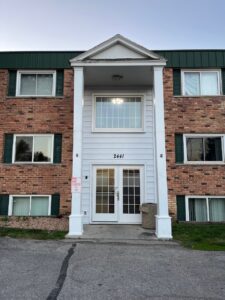 Nelson flung his car door saying “too late” and bolted for the building entrance, which of course was locked. Ann Sophie realized he was about to vomit and said, “Do it in the bushes!” When he didn’t head that way, she ran ahead with her keys ready for the locked doors.
Nelson flung his car door saying “too late” and bolted for the building entrance, which of course was locked. Ann Sophie realized he was about to vomit and said, “Do it in the bushes!” When he didn’t head that way, she ran ahead with her keys ready for the locked doors.
The two of them disappeared into the building just as Will began to cry in his car seat. I got out and went around to open Will’s door to pick him up, and there we were, a screaming baby and his grandma, pacing around a parking lot near a running car with all four doors wide open and no one inside.
Ten minutes later, out they came, Nelson pinching a paper towel over his bloody nose (due to blood thinners), and Ann Sophie dragging the heavy oxygen machine with its tubing, cannula, and cords–on loan from ever-helpful cousin Luke.
Nelson had made it to the toilet, his mouth filled with saliva, knowing that the retching was about to tear into his mid-section with excruciating pain and then morph into a cardiac event as it always had before. He felt he was about to pass out and asked Ann Sophie to run for the oxygen.
He took several whiffs while kneeling in front of the toilet, and in just a few seconds, the intense nausea magically disappeared. He hadn’t done any retching, there hadn’t been a cardiac event, and he felt just fine.
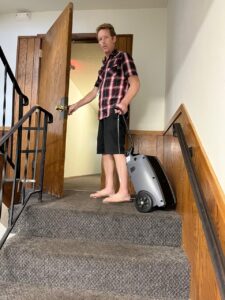 Ann Sophie dragged the heavy oxygen machine to the car, and while wearing the cannula, Nelson felt good enough to drive. Though we were late to the appointment, our mission was accomplished.
Ann Sophie dragged the heavy oxygen machine to the car, and while wearing the cannula, Nelson felt good enough to drive. Though we were late to the appointment, our mission was accomplished.
Such is the world of day-to-day cancer. Though we’d like to know what tomorrow will bring, that’s not how it works.
“When times are good, be happy; but when times are bad, consider this: God has made the one as well as the other. Therefore, no one can discover anything about their future.” (Ecclesiastes 7:14)

